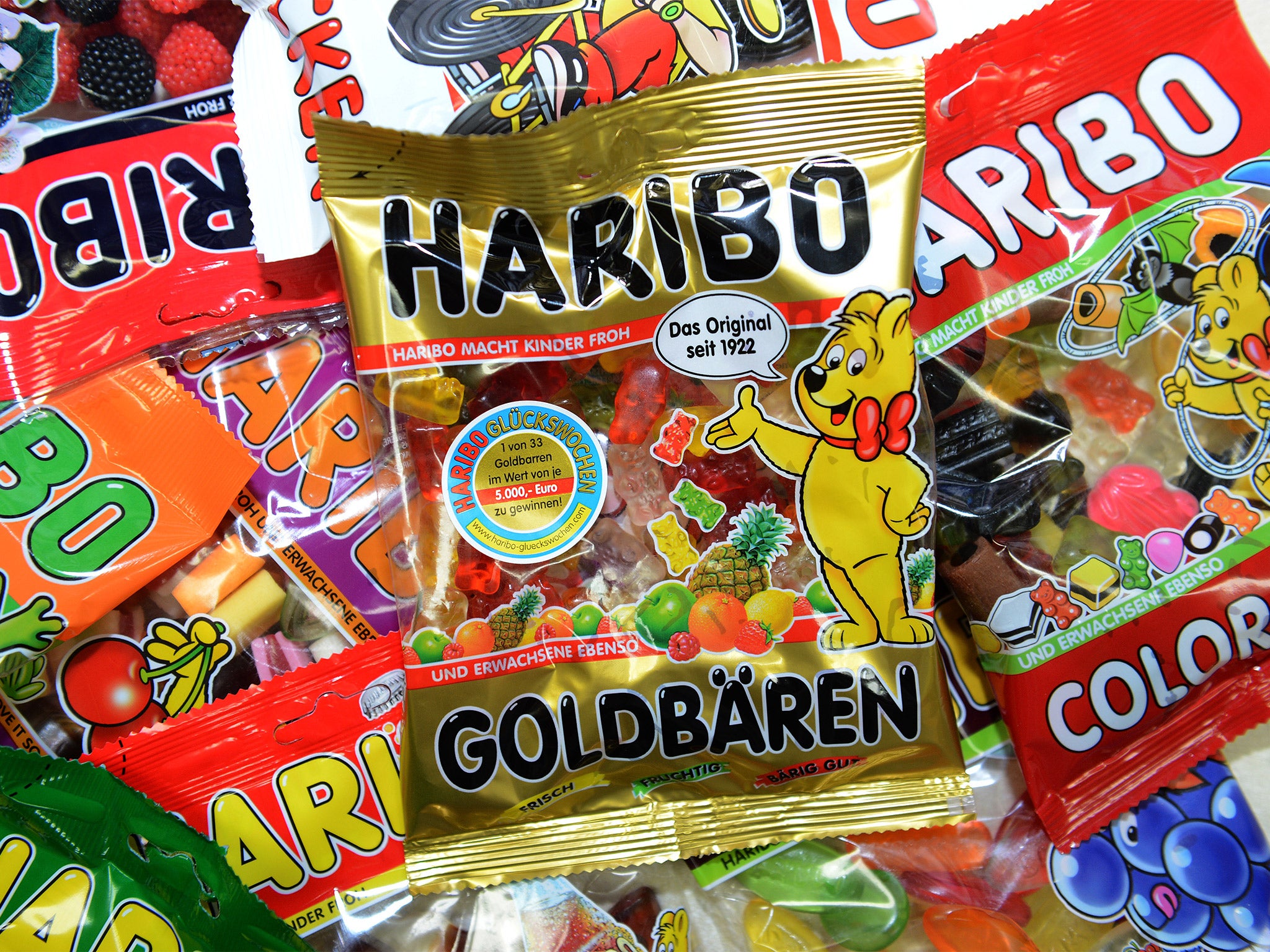Haribo to investigate if slave labour is used to make key ingredient on Brazilian plantations
Follows claims that workers harvesting palm leaves are forced to sleep outside and denied access to clean drinking water

Sweet maker Haribo is investigating claims that slave labour is being used to produce one of the key ingredients used in its gummy bears.
The German company made the announcement following allegations some of its suppliers were trapping workers on plantations in Brazil.
A German television documentary alleged that workers producing carnauba wax, which is used to stop sweets from sticking together, were being forced into modern-day slavery.
The workers harvesting the palm leaves to make the wax were forced to sleep outside, denied access to clean drinking water and paid $12 (£9) a day, an episode of the Markencheck (Brand Check) programme alleged earlier this month.
"We are extremely concerned by some of the images shown on the consumer programme," a Haribo spokeswoman said in a statement. "The conditions on... the Brazilian plantations shown are insupportable.
"We are investigating with our first-level-suppliers the precise nature of the conditions in the plantations and farms that supply them," the spokeswoman added. "Furthermore, we are currently working on a prompt auditing of our suppliers."
Carnauba wax, which also makes the sweets shiny, is produced in Brazil's north-eastern states and exported worldwide for use in various products ranging from car oil and shoe polish to dental floss.

A Brazilian labour ministry official said this month that there had been a rising number of complaints about the carnauba wax industry, and that the authorities had found many people working in conditions "that could be described as slavery."
"The workers are treated as objects, worse than animals," he was reported as saying by the German broadcaster Deutsche Welle.
Family-owned Haribo was founded in 1920 and employs 7,000 people in 10 countries. It gave Germany one of its most famous advertising slogans: "Haribo makes children happy – and adults as well."
Additional reporting by Reuters
Join our commenting forum
Join thought-provoking conversations, follow other Independent readers and see their replies
Comments
Bookmark popover
Removed from bookmarks